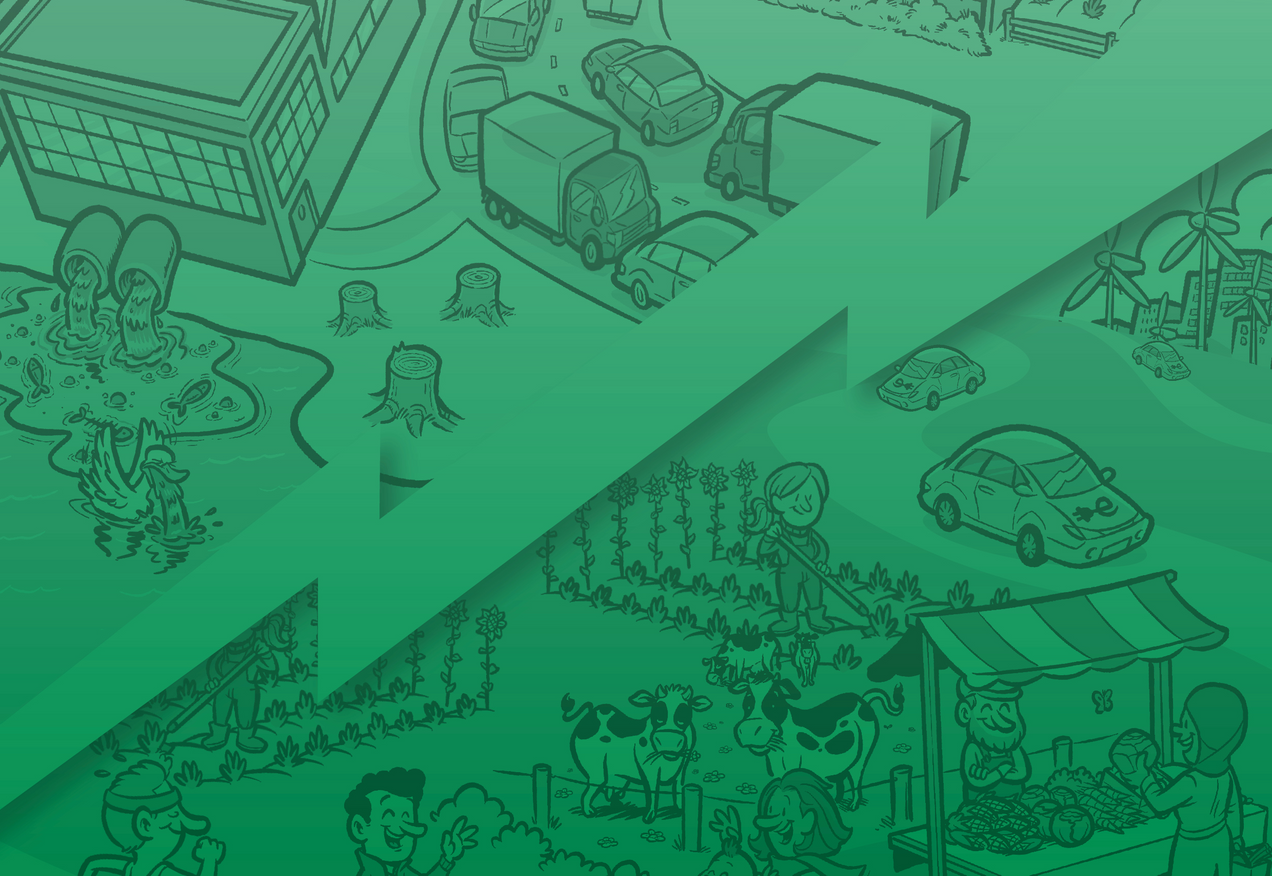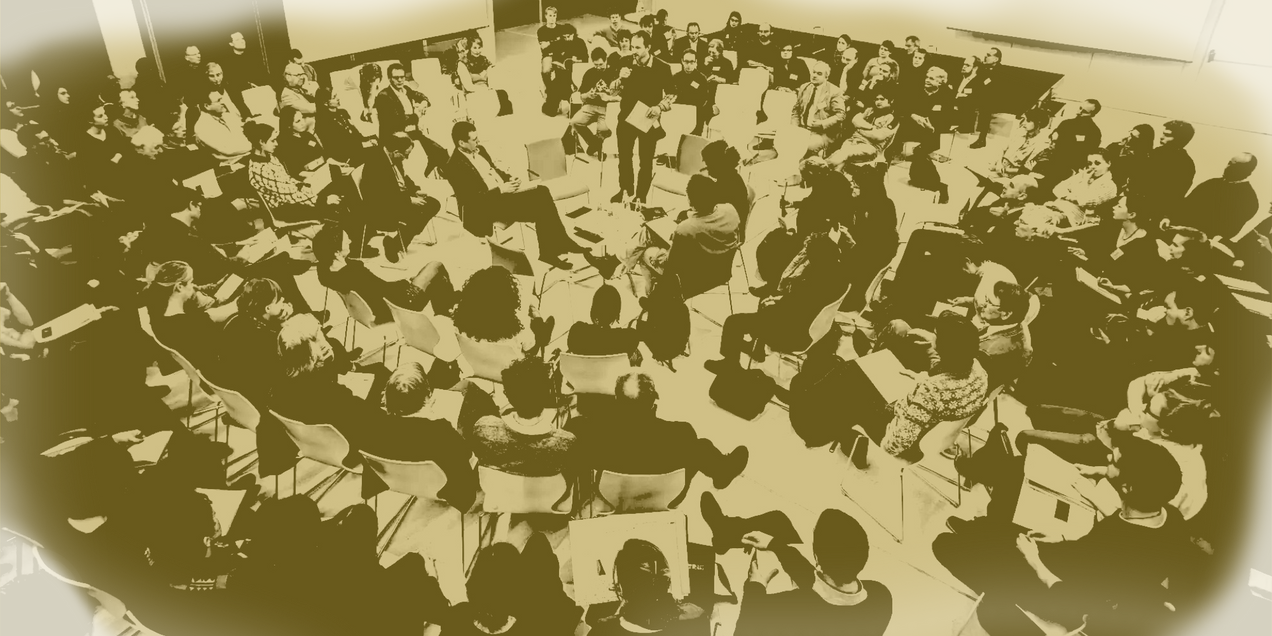Climate Emergency Economy
What would an economy that faced up to the reality of the climate emergency look like? To truly meet the challenge, the UK must rethink our industrial and economic dependency on materials and products sourced from around the world. This project (starting in 2019) explores how trade, industry and infrastructure need to change to meet zero carbon goal and is part of a collaboration with the Green European Foundation.
You Never Give Me Your Money
The COP29 conference is floundering with the usual tussle between the Global South asking for financial support to green their energy systems and the Global North pleading poverty. This article looks at some radical solutions for this impasse.
Climate Emergency: Economics, Politics, Honesty
This Framing Paper by Jonathan Essex on behalf of Green House Think Tank outlines areas of focus for our forthcoming project. Green House is grappling with what this all means in practice and welcomes contributions and collaboration.
Presentation: Why do green jobs plan need a different politics and economics?
Jonathan Essex speaks at the Greener Jobs Alliance AGM about why green jobs plans need different politics and economics.
Event: The Geopolitics of Degrowth
Join us in London or online on 17th Oct 2023 for another informative debate in our ongoing exploration of the geopolitics of a post-growth Europe!
Is the Green Book fit for purpose in a climate emergency?
Recommendations from a round table discussion which took place in Autumn 2022. The Green Book, is produced by HM Treasury (HMT), and sets out how to assess public sector projects or policy interventions to ensure that projects give value for money.
Heating and Cooling of Buildings
This Policy Briefing applies recommendations of the Rethinking Energy Demand framing report to the heating and cooling of buildings. It outlines the current context, the need to reduce the number of buildings heated and the amount of heating and cooling needed within them.
Rethinking Energy Demand
Framing Report published in collaboration with Green European Foundation - If industrialised European societies are to reach zero carbon on a timescale compatible with limiting climate change, they must significantly reduce their energy demand. This will disrupt business-as-usual.
Reality and Opportunity - Events October 2022
Join Rethinking Demand Project Events in Dublin, Belfast and online across Europe. These events are collaboration between the Green European Foundation, Green House Think Tank (UK), Green Foundation Ireland, and Etopia (Belgium).
Rethinking Demand
Project Launch. The Climate Emergency Economy project in 2022 will focusing on rethinking demand for energy and materials.
Finance-based transition solutions: approach with caution
Andrew presents the fundamental criticisms made by economists Clive Spash and Frédéric Hache of the influential Dasgupta Review of the economics of biodiversity. Whether or not these criticisms are persuasive, their review points to significant dangers lurking in the financialisation of Nature.
Beyond Consumerism Conference
Green House Think Tank involvement in upcoming 'Beyond Consumerism Conference' on 14th May.
Things Hidden Since the Foundation of the World: the implications of René Girard’s thought for consumer society.
Max Familioe considers the work of René Girard on desire, and it's relevant to Rethinking Demand and Facing up to Climate Relativity.











